10 Causes of Low Blood Pressure
Low blood pressure, or hypotension, occurs when blood pressure is lower than the normal range. While it can be a sign of good health in some individuals, it can also indicate underlying medical conditions in others. This article explores 10 common causes of low blood pressure.
Dehydration
Dehydration occurs when the body loses more water than it takes in, leading to a decrease in blood volume and a drop in blood pressure[[4]]. Common causes of dehydration include excessive sweating, fever, vomiting, and diarrhea.
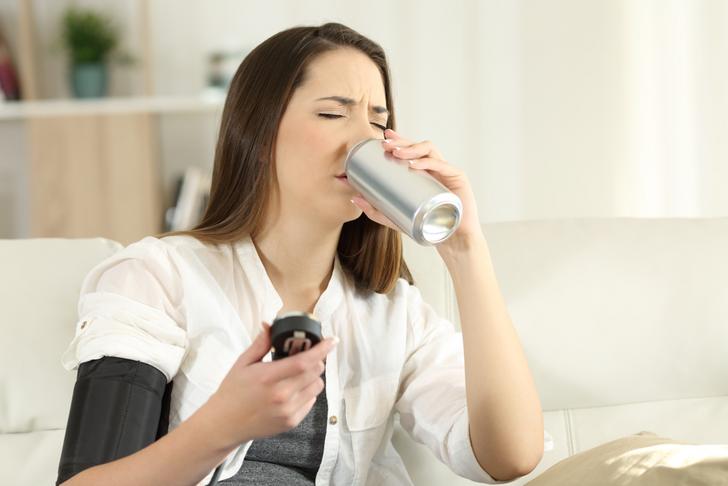
Advertisement
Medications
Certain medications can cause low blood pressure as a side effect. Blood pressure medications, such as diuretics, beta-blockers, and calcium channel blockers, are designed to lower blood pressure and can sometimes cause it to drop too low[[5]]. Other medications, like antidepressants and erectile dysfunction drugs, can also lead to low blood pressure.
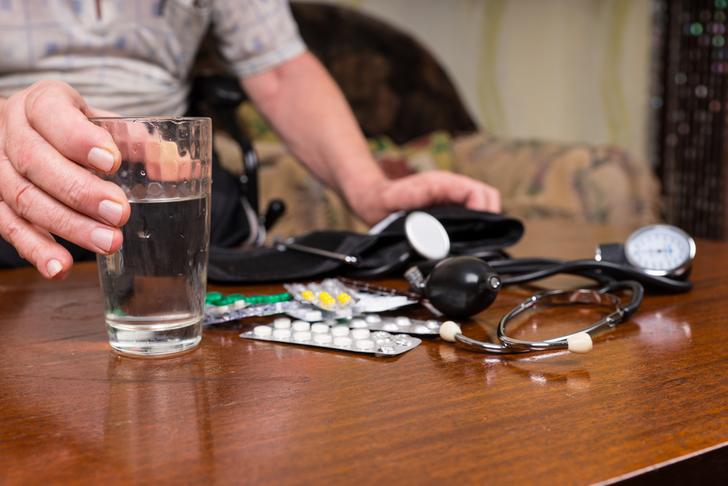
Advertisement
Orthostatic Hypotension
Orthostatic hypotension, also known as postural hypotension, is a sudden drop in blood pressure that occurs when a person stands up from a sitting or lying position[[3]]. This can cause dizziness, lightheadedness, and even fainting. It is more common in older adults and can be caused by dehydration, medications, or certain medical conditions.

Advertisement
Bradycardia
Bradycardia is a slow heart rate, usually defined as fewer than 60 beats per minute in adults[[6]]. A slow heart rate can cause low blood pressure because the heart is not pumping enough blood to meet the body’s needs. Bradycardia can be caused by heart disease, medications, or other factors.
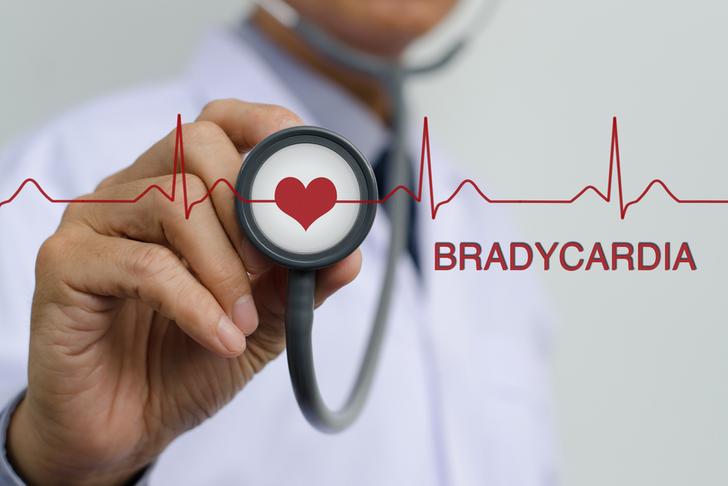
Advertisement
Heart Valve Problems
Heart valve problems can cause low blood pressure by affecting the flow of blood through the heart[[7]]. Valvular diseases, such as aortic stenosis or mitral valve prolapse, can cause the heart to work harder to pump blood, leading to a drop in blood pressure.
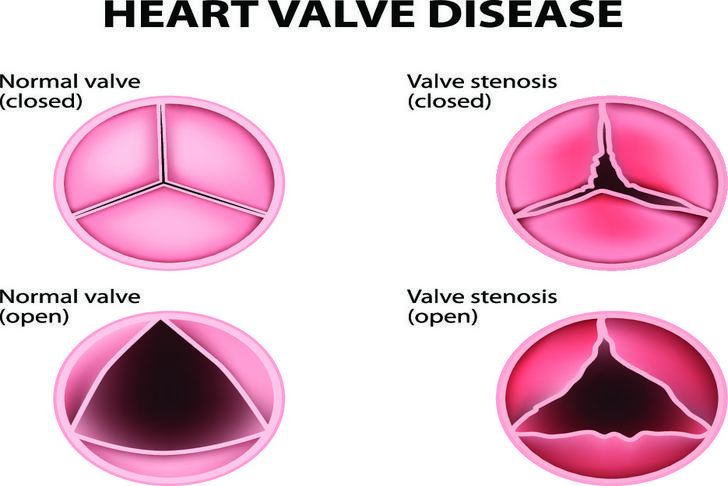
Advertisement
Anaphylaxis
Anaphylaxis is a severe, life-threatening allergic reaction that can cause a rapid drop in blood pressure[[8]]. Common triggers of anaphylaxis include insect stings, certain foods, and medications. Anaphylactic shock requires immediate medical attention.
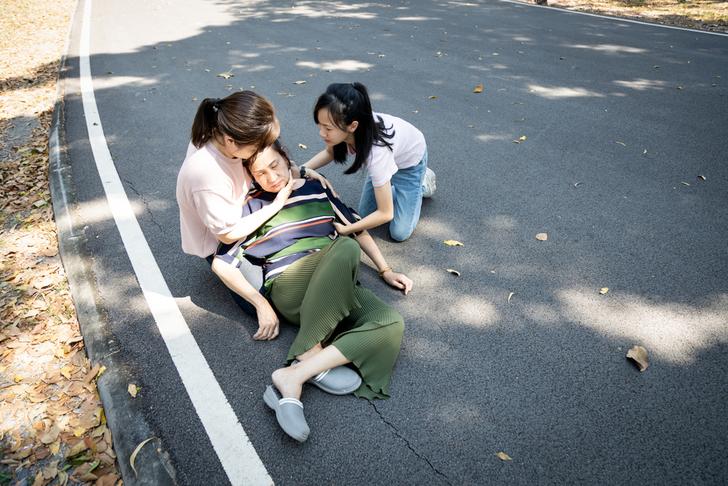
Advertisement
Septicemia
Septicemia, also known as sepsis, is a life-threatening infection that can cause low blood pressure by triggering widespread inflammation in the body[[9]]. This inflammation can lead to a drop in blood pressure and organ failure if not treated promptly.
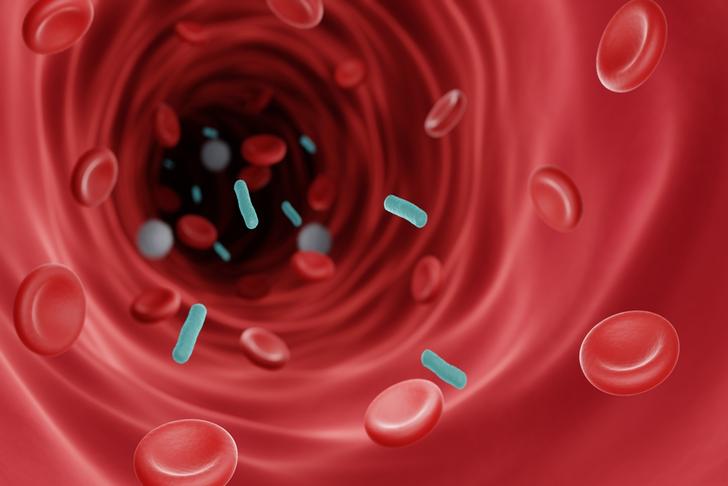
Advertisement
Pregnancy
Blood pressure typically decreases during pregnancy due to hormonal changes and an increase in blood volume[[10]]. This is usually not a cause for concern, but it is important for pregnant women to monitor their blood pressure and discuss any concerns with their healthcare provider.
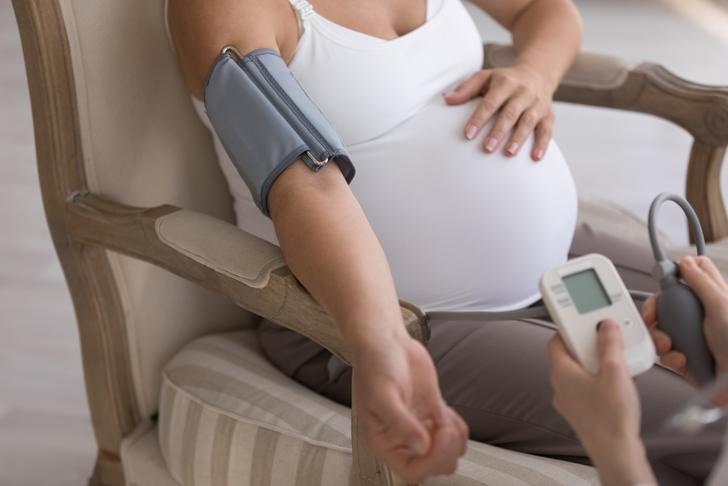
Advertisement
Prolonged Bed Rest
Spending long periods of time in bed can cause blood to pool in the legs, leading to a drop in blood pressure when a person stands up. This can be particularly problematic for individuals who are on bed rest due to illness or injury.
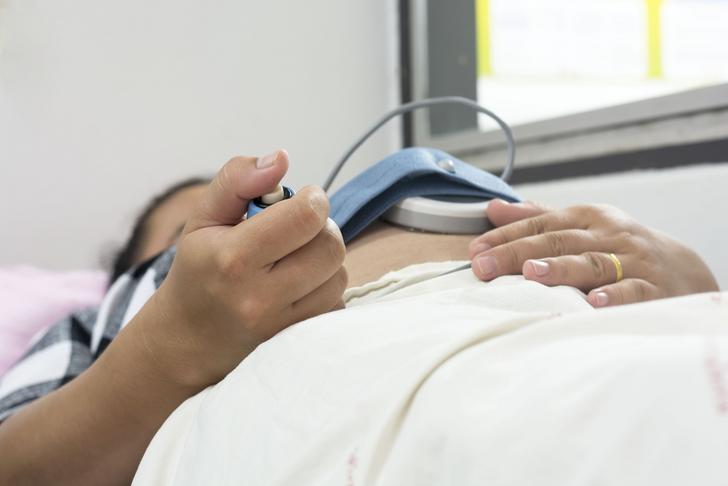
Advertisement
Nutritional Deficiencies
A lack of essential nutrients, such as vitamin B12 and folic acid, can cause anemia, which can lead to low blood pressure. A well-balanced diet is essential for maintaining healthy blood pressure levels.
In conclusion, low blood pressure can be caused by a variety of factors, ranging from dehydration to serious medical conditions. It is important to monitor your blood pressure regularly and discuss any concerns with your healthcare provider.
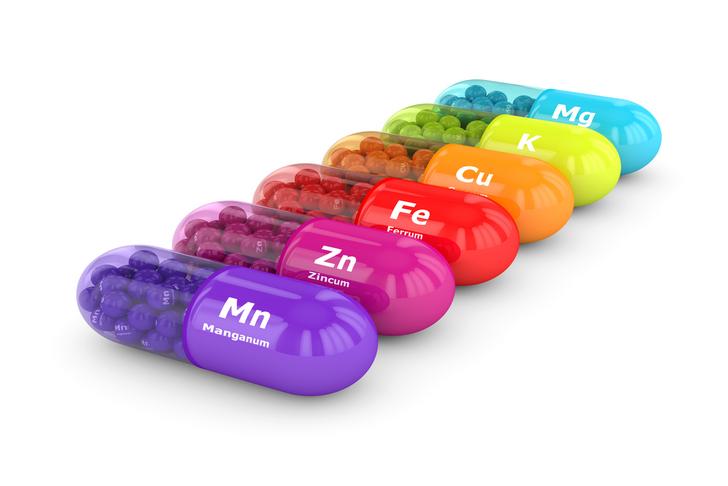
Advertisement
Symptoms of Low Blood Pressure
Some symptoms of low blood pressure may include:
Dizziness or lightheadedness
Fainting (syncope)
Lack of concentration
Blurred vision
Nausea
Cold, clammy, pale skin
Rapid, shallow breathing Fatigue
Depression
Thirst
Low blood pressure can lead to serious conditions like shock in severe cases. Symptoms of shock include confusion, cold and sweaty skin, a rapid heart rate, and a weak and rapid pulse. If you suspect shock, this is a medical emergency and needs immediate medical attention.
Advertisement
Treatments for Low Blood Pressure
Treatments for low blood pressure can depend on the cause. From underlying conditions to medications, it is important to understand the cause to know what treatment may be needed.
Below are treatments for low blood pressure:
Increase fluid and salt intake: This can help increase blood volume and prevent dehydration, which can cause low blood pressure. However, this approach is inappropriate for everyone, particularly those with heart or kidney disease, and should be discussed with a healthcare provider.
Compression stockings: The same stockings commonly used to relieve the pain and swelling of varicose veins can help reduce blood pooling in your legs and minimize the symptoms of low blood pressure.
Medications: In some cases, medications may be prescribed to increase blood pressure. Fludrocortisone, for example, is a medication that helps increase the amount of fluid in your blood, leading to increased blood pressure. Midodrine is another medication used to increase blood pressure in those with certain types of orthostatic hypotension.
Lifestyle changes: Standing up slowly, avoiding alcohol, and refraining from standing for long periods can all help manage low blood pressure symptoms. Additionally, eating smaller, low-carbohydrate meals can help prevent blood pressure from dropping sharply after meals.
In wrapping up, understanding the various causes, recognizing the symptoms, and knowing the treatment options for low blood pressure are crucial for maintaining optimal health. While the factors leading to low blood pressure can be diverse - from dehydration to certain heart and endocrine conditions - the symptoms often present as dizziness, fainting, or fatigue. However, these symptoms might only sometimes be apparent once the blood pressure drops significantly.
Treatments for this condition are just as varied as their causes. They range from lifestyle changes, such as increasing fluid and salt intake, to medical interventions like medication or treating the underlying health issue. Therefore, it is important to consult with your healthcare provider for personalized medical advice.
In conclusion, staying informed about low blood pressure and maintaining an open dialogue with your healthcare provider can empower you to manage this condition effectively.

Advertisement





